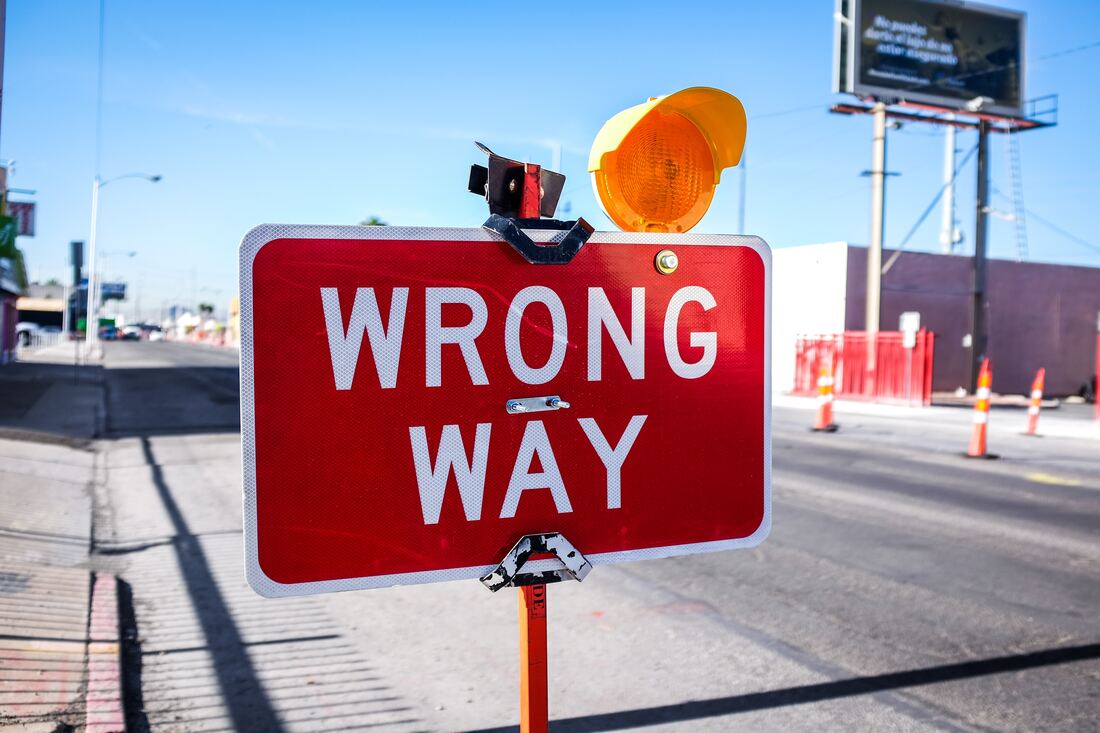|
Cultural and linguistic misunderstandings make for some awkward situations, sometimes innocently funny, sometimes unfortunate. The latest high profile language blunder came, according to the Financial Times, from Irena Andrassy, Croatia's permanent representative in Brussels, who appears to have said, at the final meeting of EU ambassadors ahead of Britain's exit: “thank you, goodbye, and good riddance”. She says she thought the expression meant "good luck". Like a vast majority of highly educated and travelled European civil servants, she speaks English in her professional dealings. She does not use an interpreter to express herself in English in public. She most likely writes herself all her emails and reports in English, no need for a translator. However, she is not native** of it and mistakes on idioms and culturally marked expressions are bound to happen. It's not an issue within the private sphere, including publications on social media in one's own name, meeting peers, at the supermarket, restaurant or any other functional situation. An international company might choose English* as their internal communication language. Emails and memos and phone calls are all in English - labelled then as "broken", "globish", "dunglish" or any other term indicating a type of non-native English widely used by a group of people - the kind I use when I publish something on social media in fact. And it's fine. The objective is to get a functional message across, not to impress anyone or have those words recorded for posterity during a Historical meeting. It is, however, a serious deal when dealing with official guidelines, Health and Safety leaflets or users' manuals for machinery and so on. And a big - potentially money-losing - deal when issuing official statements, publishing marketing material, launching a product, or displaying a website. Some companies might use one of their employees - "Hans from Accounting spent a year in London, he can write this". Other might just put their trust in friends - the niece of someone's neighbour who is "quite good with languages" and is "really happy to translate this for exposure". And some even just use Google Translate, or any other online translation tool, and make do with the (still) unreliable output. The savvier ones look for professional copywriters or translators, but hire the cheapest they can find, whether through a proper agency or a We-do-it-Fast-and-Cheap business. They say they do not have the budget to have their material done by the right - native and trained - professional. The thing is, how much more will it cost them to miss on a business deal with a potential client who felt unimpressed by their lack of cultural sensitivity? What are the costs of an injured employee who followed some badly-translated tool's instructions? How much would it hurt to butcher the launch of a beautiful product the company spent months producing, and had a team of marketing experts working on a campaign in their original language, with a slogan sent to be "just translated" instead of properly adapted, transcreated, recreated by a professional? And by properly I mean that said professional was given a reasonable deadline to do their work, a complete briefing and a fair payment. Only time will say how the now-famous wishes of Ms Andrassy will be remembered but it's a good example of how assumptions of one's knowledge of a language can lead to rather unpleasant consequences. Contrary to the widespread belief, knowing one or two languages at a certain level does not make you a specialist in translating or writing, nor knowing how to play "Fur Elise" makes you a concert pianist or cutting your bangs in your bathroom makes you a professional hairdresser. We've all been there, it's not pretty. Do yourself a favour and ask a pro next time you want your words to be effective in getting you that business deal you've worked so hard for. The fact is, not everybody can English* but a native, qualified, trained and experienced translator or copywriter does. * Change the language to any that applies to you. For me, it's French and Portuguese, of which I am native. English is only one of my source languages. ** More on the notion of native in another article. A reference to the unfortunate historical last words can be found here: https://www.independent.co.uk/news/uk/politics/brexit-eu-uk-final-message-translation-andrassy-a9316491.html
0 Comments
|
Details
Categories
All
Archives
June 2023
|
 RSS Feed
RSS Feed

